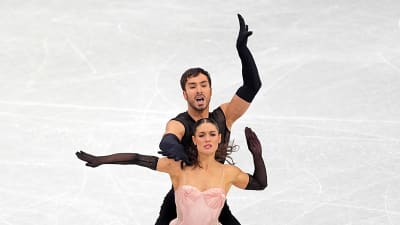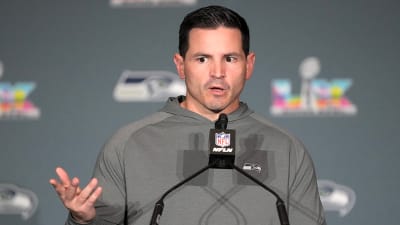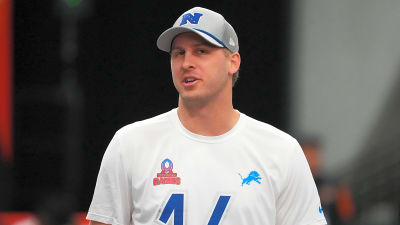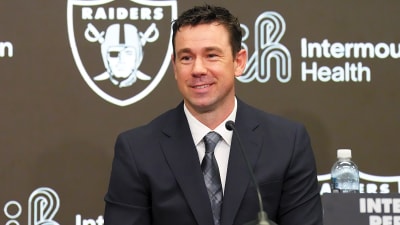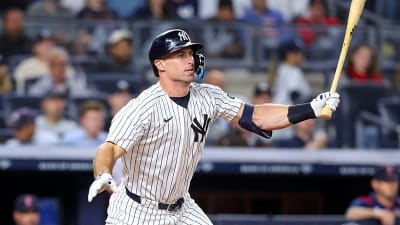
There’s something about the Vancouver Canucks that always pulls people in—usually for better and for worse. They’re a team with decades of history, just enough heartbreak to make you superstitious, and just enough hope to keep you watching. Goalies like Roberto Luongo and Kirk McLean have helped the team get oh so close, but never over the hump.
But every year, win or lose, it feels like the same conversations play out. And maybe the team deserves some of that criticism. But maybe not always. Sometimes, what really needs to change isn’t on the ice—it’s in how we think, talk, and react to the team wearing the orca.
Canucks Can’t Help But Be Still Stuck in the Past
Let’s get the obvious out of the way: no Stanley Cup in over 50 years. Three trips to the Final. Three losses.
It’s a brutal stat, and Canucks fans know it by heart—like a scar you can trace with your eyes closed. And fair enough. Those losses hurt for a reason. But here’s the thing: when a team is constantly measured against its worst heartbreaks, what kind of space does that leave for growth? Every season becomes a referendum on what they aren’t instead of what they could be. That’s not fandom—that’s emotional hostage-taking.
For Canucks’ fans, it doesn’t mean we pretend the past didn’t happen. But holding every team to the standard of undoing 2011 isn’t just unrealistic—it’s exhausting.
Do the Canucks Have an “Identity Whiplash?”
One minute, the Canucks are rebuilding. Next, they’re all-in. Are the Canucks supposed to be a young, skill-driven team? A gritty playoff squad? A defensive juggernaut? Solid goaltending? Or not?
That depends on which week you ask those questions. And that’s not entirely the team’s fault. Part of the chaos comes from outside the locker room. Fans and media don’t just follow storylines—they drive them.

A good stretch in December? Suddenly, they’re a dark-horse Stanley Cup pick. Drop three in a row in February? Tear it down. This kind of whiplash creates unrealistic expectations, which feed anxiety, which then spills over into the next “fire the coach” or “trade this guy” cycle. It’s not that the fans are wrong to care. They care a lot. But sometimes you’ve got to give a roster the room to breathe—especially one trying to figure out who it is.
Blaming “The (Vancouver) Market” Isn’t the Answer
Canucks fans have heard it a hundred times: “It’s tough to play in a Canadian market.” And yeah, Vancouver isn’t easy. The media scrutiny is real. The Canucks fans are vocal. But that’s not unique. Montreal, Toronto, Edmonton—same deal.
So, if anyone in the organization’s leadership starts using “market pressure” as an excuse, it rings hollow. Sure, there’s pressure. That’s part of playing in a city where hockey actually matters. And it does on the West Coast. That’s not a problem to solve—it’s a challenge to rise to.
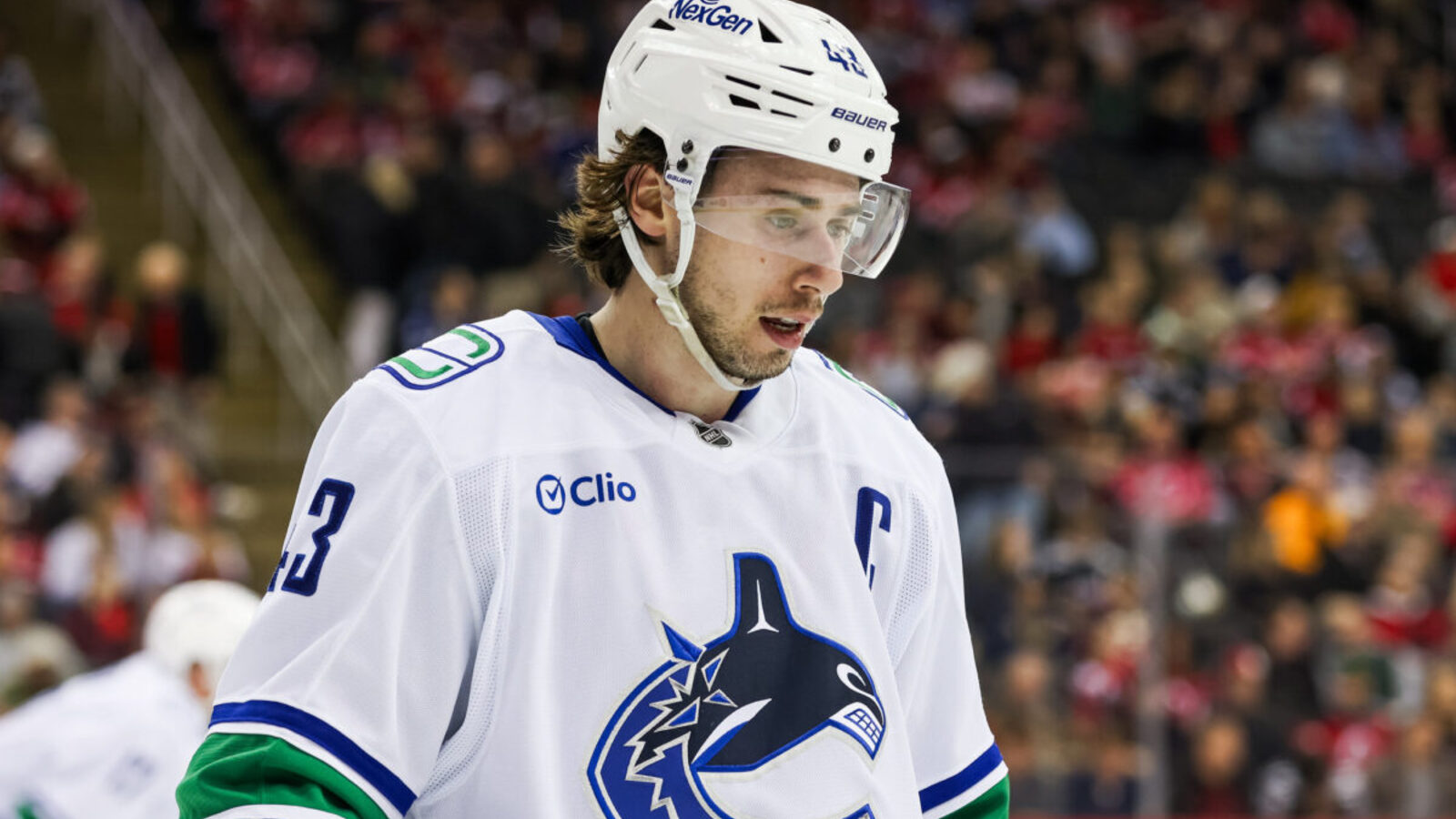
Players who thrive here usually don’t shy away from that noise. They embrace it. The team doesn’t need less attention. It just needs to stop letting that attention control the story.
Is One Problem That the Canucks Are Looking for a Shortcut?
The Canucks have had more reset buttons than playoff wins in some recent years. Coaching changes, trade-deadline scrambles, big-money signings—it’s all been on the table. And while some moves worked out, the bigger issue is the mindset behind them: a constant craving for instant results.
But building something that lasts takes time. Draft picks need more than one training camp to develop. Coaches need more than 30 games to build a system. You can’t count on buying culture at the trade deadline, no matter how good the price looks on paper. Sometimes, the best move is patience—even if that doesn’t make for the hottest headline.
In Vancouver, Nostalgia Is a Double-Edged Sword
Ask any Canucks fan about 2011 and you’ll get a whole story, not just a memory. The same applies to the West Coast Express era. Those teams were tough, skilled, fun to watch—and yeah, they set a high bar. But here’s where it gets tricky: when nostalgia turns into a measuring stick, it becomes a trap.

Players today shouldn’t be expected to recreate those teams. That’s not fair to them, and honestly, it’s not how NHL hockey works. You don’t win by rewinding. You win by evolving. This team doesn’t need to be the 2011 Canucks. It just needs the chance to be this version of the Canucks—whatever that ends up meaning.
So, What Is the Problem in Vancouver?
The Canucks are far from perfect. They’ve made missteps, missed windows, and mishandled more than a few big decisions. But not every issue is on the bench or in the front office. Sometimes the thing holding the team back is the weight of how it’s perceived—trapped in past failures, judged on a week-to-week emotional rollercoaster, expected to chase ghosts instead of building something new.
It’s okay to care. It’s okay to expect more. But the Canucks need room to grow. And that might start with changing the way we think about them.
[Note: I’d like to thank Brent Bradford (PhD) for his help co-authoring this post. His profile can be found at www.linkedin.com/in/brent-bradford-phd-3a10022a9]
More must-reads:
- U.S. figure skater Maxim Naumov honors parents who were killed in D.C. plane crash
- Juan Soto position change solves major problem for Mets
- The 'Super Bowl MVPs' quiz
Breaking News
Trending News
Customize Your Newsletter
 +
+
Get the latest news and rumors, customized to your favorite sports and teams. Emailed daily. Always free!
